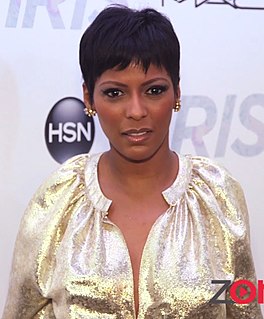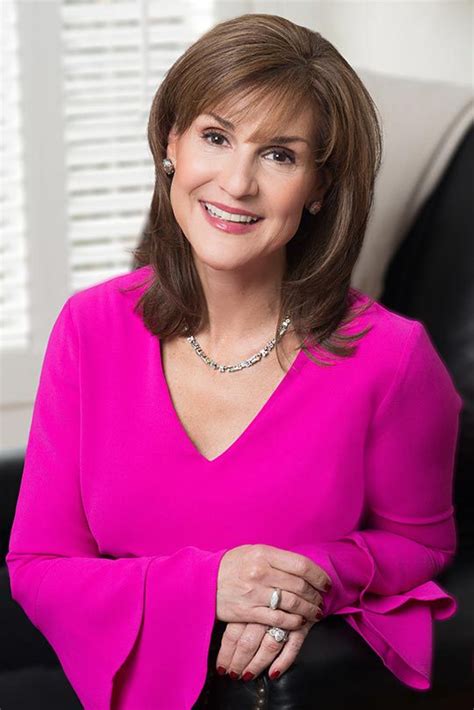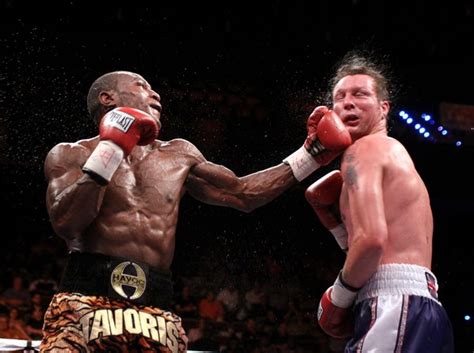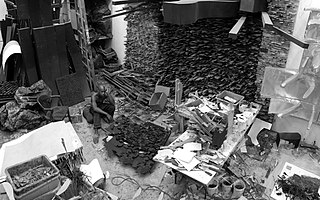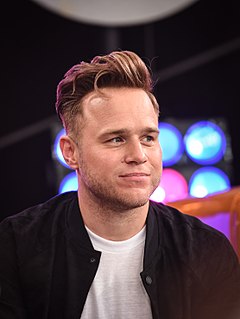A Quote by Michael Pitt
People don't want to be plagued by not knowing-they want answers.
Quote Topics
Related Quotes
It's an important moment as a reader, I think, when you can forget the question of whether you need to know what happened. Some people really want hard explanations. I'm the other way. I like mysteries. I don't want to frustrate people. I don't want people to feel like they got no answers, but I want to approach the mystery and sit with it.
In this fight I want to show people who are in poverty, downtrodden or denied that you can succeed. I want my performance to be an inspiration to people. You have to stay in the moment and keep moving ahead. I just want to show everyone that you can find answers to your problems and afflictions with hard work and perseverance.
I feel like people expect me to give them easy answers, but there aren't really easy answers. There are only harder questions. And unless we get to the harder questions part, about what this conversation is really about...of course I want an immigration bill to pass. I want people to have a driver's license and work permits and green cards and passports. But this conversation transcends this bill. We're not going to have a perfect bill. This is politics. I feel like my job is instead of giving people easy answers, my job is to actually to ask people to probe deeper.
The main thing for me is just the length of time it takes to make a movie. It's at least a year of just talking about it, talking about it with yourself or your director or your other castmates or the press, so you just want to make sure it's a film that although you initially feel this pull or this drive to it, you don't really have the answers to why you're drawn to it. But it's more about not knowing the answers to certain questions but wanting to go on the journey of discovery to find the answers.

